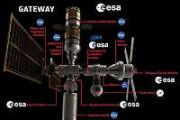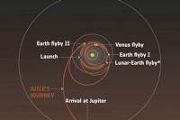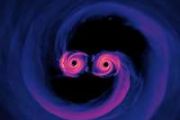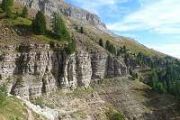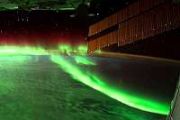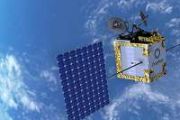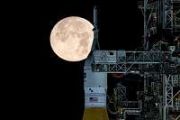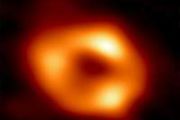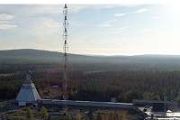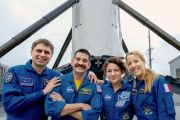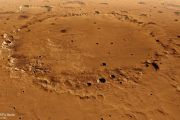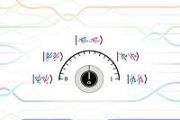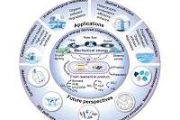
Copernical Team
Will the Earth last forever
 Everything that has a beginning has an end. But the Earth will last for a very long time, and its end will come billions of years after anyone who is alive here now is gone.
Before we talk about the future of our planet, let's review its history and when life appeared on it. The history of human beings is very, very short compared with that of Earth.
b>4 billion years old br> /b>
O
Everything that has a beginning has an end. But the Earth will last for a very long time, and its end will come billions of years after anyone who is alive here now is gone.
Before we talk about the future of our planet, let's review its history and when life appeared on it. The history of human beings is very, very short compared with that of Earth.
b>4 billion years old br> /b>
O Old NASA satellite falling to Earth, risk of danger 'low'
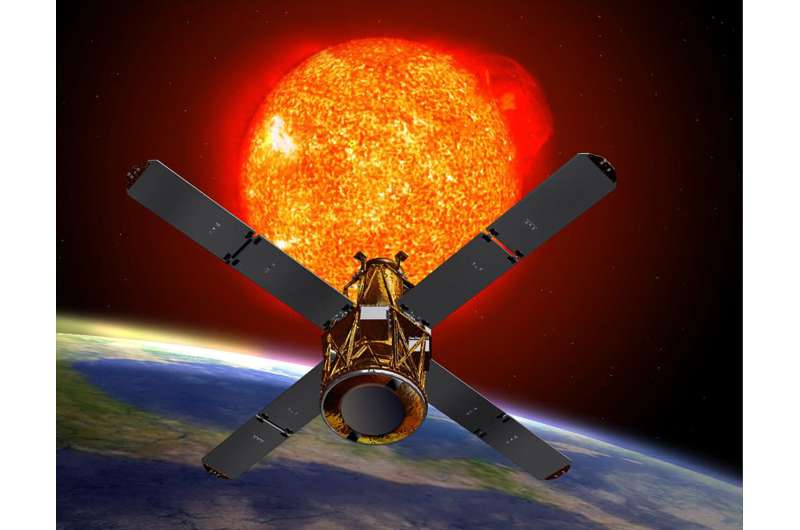
An old NASA satellite is expected to fall to Earth this week, but experts tracking the spacecraft say chances are low it will pose any danger.
NASA shares first moon to Mars architecture concept review results
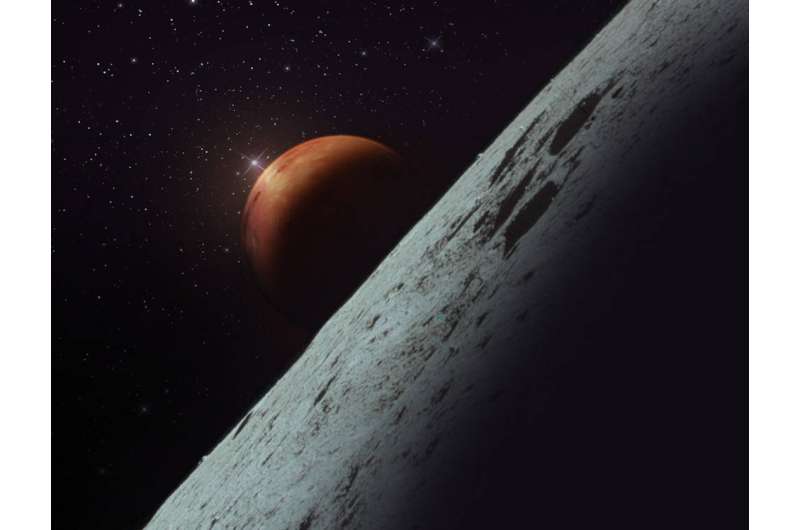
As NASA builds a blueprint for human exploration throughout the solar system for the benefit of humanity, the agency released Tuesday the outcomes from its first Architecture Concept Review, a robust analysis process designed to align NASA's moon to Mars exploration strategy and codify the supporting architecture.
"Our first Architecture Concept Review is a milestone that will help our moon to Mars strategy unfold through the objectives in missions both near and long term," said NASA Deputy Administrator Pam Melroy. "We're aligned with partners toward a future of expanded economic opportunity, scientific discovery, and greater activity on and around the moon, and with limitless possibilities deeper in the solar system."
NASA's Architecture Definition Document written for highly technical audiences, and an associated executive summary, provide a deep dive into NASA's moon to Mars architecture approach and development process. Six supporting white papers also released address frequently discussed exploration architecture topics.
"NASA now has a goal-based foundation upon which to build our current and future exploration plans," said Cathy Koerner, deputy associate administrator for the Exploration Systems Development Mission Directorate at NASA Headquarters in Washington.
Team builds and tests calibrator for NASA's Nancy Grace Roman Space Telescope in record time
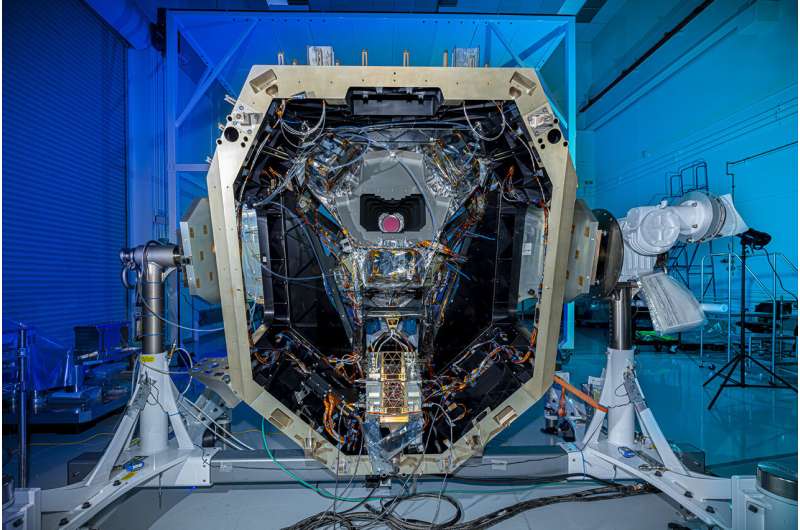
A vital subsystem for NASA's Nancy Grace Roman Space Telescope was recently delivered to Ball Aerospace in Boulder, Colorado, and installed in the spacecraft's Wide Field Instrument (WFI). Called the Simplified Relative Calibration System (sRCS), this component will allow astronomers to measure the total light output of cosmic objects like galaxies and supernovae with extreme accuracy. When Roman launches by May 2027, scientists will use this data to unravel the secrets of dark energy and dark matter, discover exoplanets, and explore many topics in infrared astrophysics.
"Without this calibration tool, we wouldn't be able to gather accurate enough measurements to achieve the next-level science Roman is designed to do," said Joshua Schlieder, a research astrophysicist at NASA's Goddard Space Flight Center in Greenbelt, Maryland.
Rocket science: Alaska sky spiral caused by SpaceX fuel dump
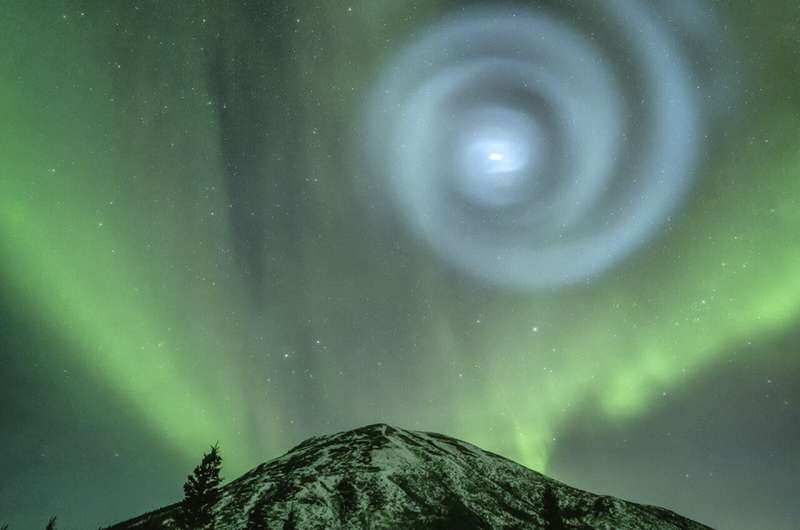
10 remarkable Earth facts
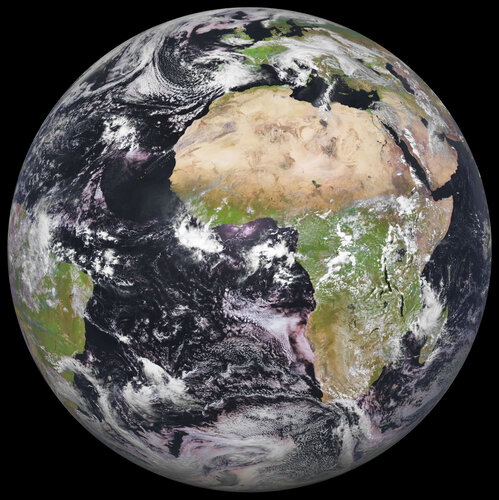
Every year on 22 April, we’ve celebrated Earth Day and the beautiful planet we call home. Earth Day, established in 1970, has been used to highlight our planet’s environmental challenges and raise awareness of the importance of protecting our world for future generations. But shouldn’t every day be Earth Day? We only have one beautiful planet after all. We hope you enjoy this curated list of 10 of the most remarkable facts about Earth.
Scroll to the end of the article to take part in ESA's 'You like, we plant' campaign.
Solar sails could guide interplanetary travel, says new study (Update)
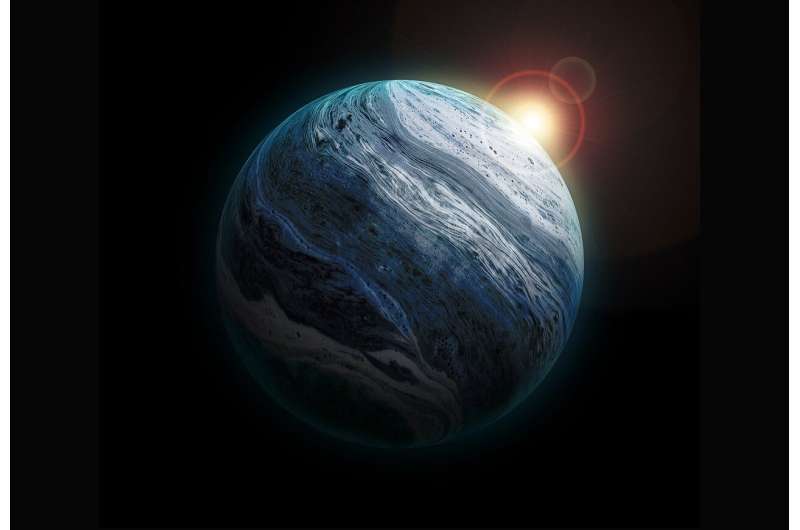
Space travel has brought us to our next-door neighbor, the moon, and to the depths of our larger solar community inhabited by giants such as Saturn and Jupiter.
In 1982, Voyager 2 whisked past Uranus closer than any other spacecraft has since, and now is sailing—46 years after its launch—through the constellation of Pavo, some 179 light years from Earth.
But there have been few comparable satellite missions in recent years. Cost is the main obstacle, but time frame is also a factor. The design for such long journeys takes years to calculate, and planning and construction of a space vehicle would take about a decade. Factoring in the time a satellite would require to reach distant targets means our next peek into the stars will likely not come any time soon.
A team of scientists led by Slava Turyshev of the Jet Propulsion Laboratory at the California Institute of Technology, which launched the Voyager satellites back in 1977, is anxious to get space exploration back on track. The team proposes a novel means of travel that could get us to the stars faster and cheaper.
China's space station achieves 100 pct regeneration of oxygen resources
 China's space station, with the Shenzhou-15 crew now in orbit, can produce 100 percent of its oxygen supply through its onboard regeneration system, according to a space technology conference in Harbin, capital of China's northernmost Heilongjiang Province.
The development reflects that fundamental transformation of the environmental control and life-support system for China's manned space
China's space station, with the Shenzhou-15 crew now in orbit, can produce 100 percent of its oxygen supply through its onboard regeneration system, according to a space technology conference in Harbin, capital of China's northernmost Heilongjiang Province.
The development reflects that fundamental transformation of the environmental control and life-support system for China's manned space Icy Moonquakes: Surface Shaking Could Trigger Landslides
 A new NASA study offers an explanation of how quakes could be the source of the mysteriously smooth terrain on moons circling Jupiter and Saturn.
Many of the ice-encrusted moons orbiting the giant planets in the far reaches of our solar system are known to be geologically active. Jupiter and Saturn have such strong gravity that they stretch and pull the bodies orbiting them, causing moonqu
A new NASA study offers an explanation of how quakes could be the source of the mysteriously smooth terrain on moons circling Jupiter and Saturn.
Many of the ice-encrusted moons orbiting the giant planets in the far reaches of our solar system are known to be geologically active. Jupiter and Saturn have such strong gravity that they stretch and pull the bodies orbiting them, causing moonqu Spacewalks become 'routine' after 12th mission
 Shenzhou XV mission members conducted their fourth spacewalk on Saturday, surpassing previous crews, according to China Manned Space Agency.
In a news release on Sunday afternoon, the agency said that mission commander Major General Fei Junlong and Senior Colonel Zhang Lu completed the spacewalk and then returned to the Wentian science module. The third crew member, Senior Colonel Deng Qin
Shenzhou XV mission members conducted their fourth spacewalk on Saturday, surpassing previous crews, according to China Manned Space Agency.
In a news release on Sunday afternoon, the agency said that mission commander Major General Fei Junlong and Senior Colonel Zhang Lu completed the spacewalk and then returned to the Wentian science module. The third crew member, Senior Colonel Deng Qin 

